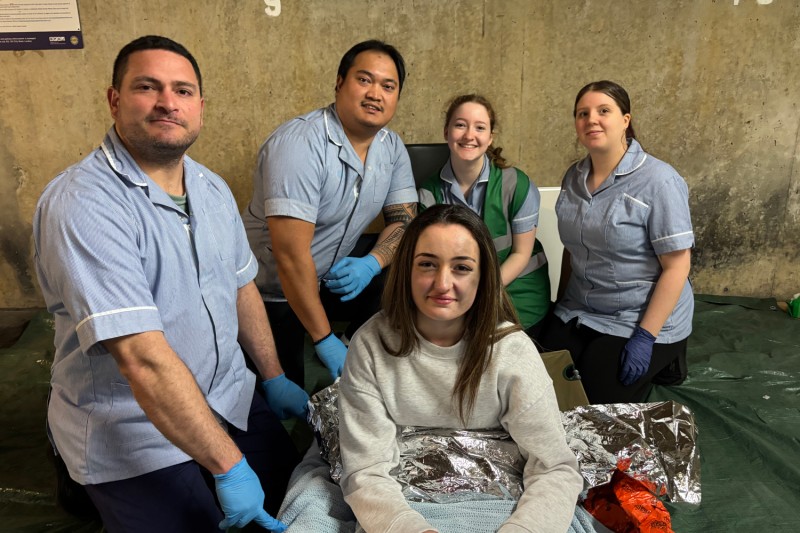Course fees
£1,050.00
For fees and funding info please refer to the FAQs
Accredited by




Course overview
This unit will address the need for legal literacy for Social Workers across Children and Adult Social Care and prepare for complexities of statutory care planning, for example Child Protection and Care Proceedings, Adult Safeguarding, Mental Capacity and Mental Health. Students will understand the importance of the ‘whole family’ approach to safeguard individuals.
The aim of the Unit is for Students to gain an advanced understanding the powers and duties as a Social Worker in the statutory context. ‘When you have the power that something can be done and when you have the duty that something must be done.’ (Murphy in Hughes 2019, p22)
Students will gain advanced knowledge of Human Rights that underpin English law and Social Work practice standards as stipulated by the regulator.
They will develop skills and knowledge for professional decision making in context of English law, whilst taking into account ethics and values that may challenge them in Social Work practice. The unit will encourage them to reflect and evaluate their own practice and role.
Through collaboration with legal professionals (i.e. magistrates, judges and solicitors), students will gain an advanced understanding of complex ethical dilemmas, aiming to increase practitioner confidence in application of legislation.
Students will consider the application of legal tools in Social Work practice across
- Children and Families Social Work
- Adult Services
- Mental Health Services
They will gain an advanced understanding of the application of the main pieces of legislation that inform Social Work decision making, assessment and intervention (including care planning). This will include Human Rights and Equality law, Data Protection and Consent, Legislation to safeguard children and adults across the lifespan.
The voice of the Service User will be central to the unit and Human Rights are the golden thread throughout the unit to enable students to balance:
Needs v. rights
Welfare v. justice
Individual rights v. right of the state to intervene
Care v. control
The unit aims to address the following UN sustainable development goals (SDGs):
• Gender Equality
• Reduced Inequalities
• Sustainable Cities and Communities
• Peace, Justice and Strong Institutions
Intended learning outcomes
- Evidence an advanced knowledge of the English legal system in the context of Social Work practice and Human Rights: law development, the role of courts and case law.
- Demonstrate ethical and value led legal decision making in practice, in line with the regulatory body and professional Codes of Conduct.
- Apply a critical understanding of law, policies, including Social Policy and guidance that inform and mandate Social Work practice in England.
- Evidence an ability to critically evaluate and apply legal tools in Social Work practice in the best interest of the service user, enabling their voice to be heard.
Learning and teaching methods
Within this unit students will encounter a range of learning and teaching methods, including lectures, small group work, directed self-managed learning, seminars, reflective activities and guest speakers.
They will have access to a variety of pre-recorded lectures to deepen their learning and understanding.
The main approach to teaching will be reflection and action learning to help students to translate their theoretical knowledge into potential practice applications.
Students will be expected to participate actively in all aspects of the learning process including preparatory engagement with materials and discussion.
Assessment and practice learning
Students will be able to develop their legal literacy skills in practice and will be supported by their manager/ mentor through supervision in complex case planning.
The coursework compromises of a third party testimony from the student’s manager/ mentor to confirm the practical application of law in a statutory setting.
A 2000 word assignment will allow the students to reflect on decision making in a legal practice context.
Course details
Course leader
Tilia Lenz (lenzt@bournemouth.ac.uk)
Course delivery
Blended Learning (Online & Face to face)
Downloads
Prerequisites
Applicants will be registered Social Workers.
Normally students may enter Level 7 (Master's level) study if they have been awarded:
- Undergraduate degree (honours or non-honours)
- An equivalent qualification (the learning outcome of which are demonstrably appropriate in terms of knowledge, understanding and skills) equivalent to 120 credits at Level 6.


Make an enquiry
Make an enquiry
